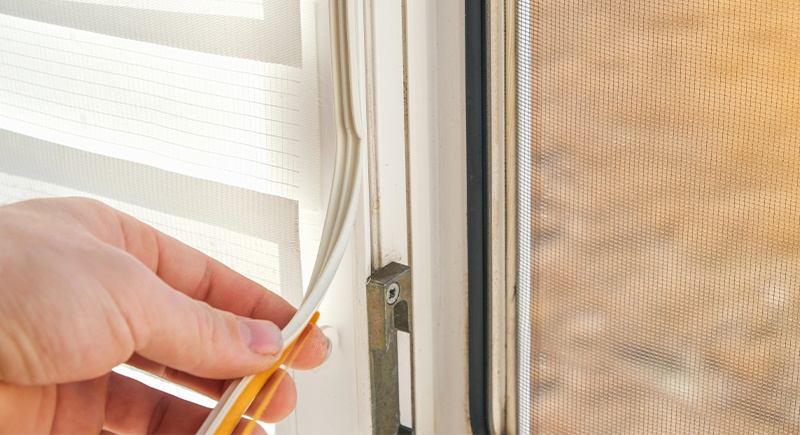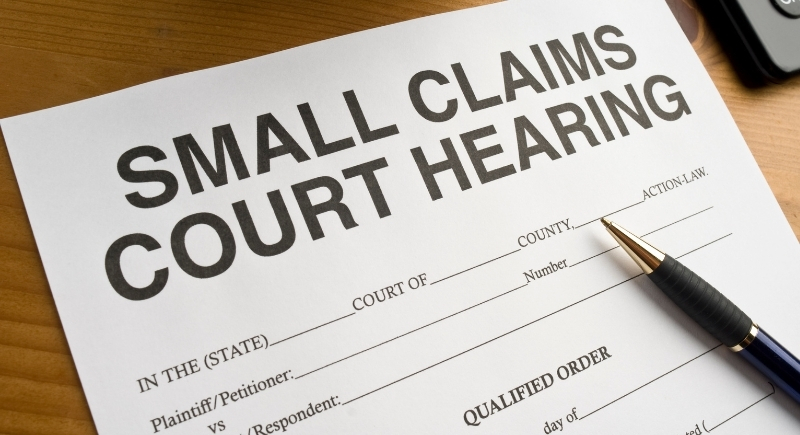Is There a Legal Way to Stop a Neighbor’s Dog From Barking All Night?
Most people can forgive the occasional bark. But when the dog next door goes off like a car alarm at 2 a.m.—every night—it becomes exhausting. If you’re staring at the ceiling at 4 a.m., wondering if there’s any legal way to make it stop, you’re not alone. Here are 15 practical, legal, and not-too-grumpy things to try when barking turns into an all-night ordeal.
Start With a Friendly Conversation

Credit: iStockphoto
The owner might not realize their dog turns into a midnight announcer while they’re asleep. Try stopping by during the day to explain what’s been happening at night. Keep the tone calm and cooperative, as many people are open to fixing the issue once they know it exists.
Document What You’re Hearing

Credit: Canva
Writing things down helps build your case if talking doesn’t lead anywhere. Note the time, date, and duration of the barking. If it’s happening past quiet hours—typically 10 p.m. to 7 a.m.—that’s especially important. Recordings or video clips can also help clarify what you’re dealing with.
Look Up Local Noise Ordinances

Credit: pixabay
Most cities and counties have noise rules that cover dog barking. Some laws restrict continuous barking beyond 10 minutes, while others are more lenient. Find your local ordinance on the city website or call animal control. Knowing the specific law makes it easier if you need to file a complaint.
Try a Sound Barrier

Credit: iStockphoto
Not every fix has to be confrontational. If the dog’s barking gets louder through an open fence or thin windows, softening that sound might bring some relief. Fencing with acoustic panels, thick shrubbery, or even outdoor noise machines can reduce how much barking seeps into your home.
Suggest Helpful Resources

Credit: iStockphoto
The neighbor may want to fix the problem but feel stuck. Offering suggestions like dog trainers or doggy daycares can steer them toward solutions without sounding pushy. Training often helps, especially for separation anxiety. Sharing tips or local contacts gently shifts the focus from complaint to collaboration.
Use a Bark Control Device (Legally)

Credit: iStockphoto
Ultrasonic bark deterrents are legal in most areas and don’t harm pets. These devices detect barking and emit a high-frequency sound that dogs dislike, which can reduce the behavior over time.
Get to Know the Dog

Credit: iStockphoto
It might seem counterintuitive, but becoming familiar with the dog can calm them down. If the barking is triggered by your movement in the yard, ask the neighbor if you can spend a few minutes with the dog so it gets used to your presence.
Ask If the Dog Sleeps Outdoors

Credit: iStockphoto
Leaving a dog outside overnight is legal in some places, but it’s often the root of the noise problem. If the neighbor is open to a conversation, ask if the dog might be more comfortable sleeping inside. Many dogs bark less when they feel safe and settled indoors.
Check If Other Neighbors Are Affected

Credit: Getty Images
It helps to know you’re not the only one being kept awake. Try talking to nearby neighbors to see if they’ve noticed the barking too. If several people are bothered, a joint approach can carry more weight. Just make sure everyone stays polite.
File a Complaint With Animal Control

Credit: Getty Images
If the polite route leads nowhere and the barking continues, filing a formal complaint is the next legal step. Animal control departments usually require a log of barking incidents. They might visit the owner, issue a warning, or offer educational materials about barking laws.
Try Mediation Before Court

Credit: Getty Images
Some counties offer free or low-cost neighborhood mediation. A neutral third party helps both sides work toward a compromise. These sessions are private, and the goal is to avoid escalating tension. It’s useful when talking has stalled, but you’re not ready to take legal action.
Look Into HOA Rules If You Have One

Credit: Getty Images
Barking dogs might be considered a nuisance in neighborhoods with a homeowners’ association. Check the community bylaws or ask the HOA board if they can intervene. Some associations issue fines or send warning letters when residents violate noise rules.
Make a Report to the Office (Last Resort)

Credit: Canva
Officers typically don’t rush to deal with barking dogs, but repeated nighttime noise can qualify as a disturbance. If animal control hasn’t helped and the dog continues waking you up every night, you can file a report. Be ready with documentation, and keep expectations realistic.
Consider Small Claims Court

Credit: Getty Images
If you’ve tried mediation, reporting, and conversation, and the noise still disrupts your life, you can sue for a noise nuisance. The court may order the neighbor to take action or compensate for the disturbance. It’s not quick, but it’s legal and structured.
Stay Patient, But Don’t Ignore It

Credit: iStockphoto
Nighttime barking affects health, stress levels, and daily life. While it’s tempting to yell over the fence, a calm, steady approach usually works better. Most barking cases get resolved before reaching court, especially if you’re informed and polite. Fixing the problem takes time, but it’s almost always possible without a feud.